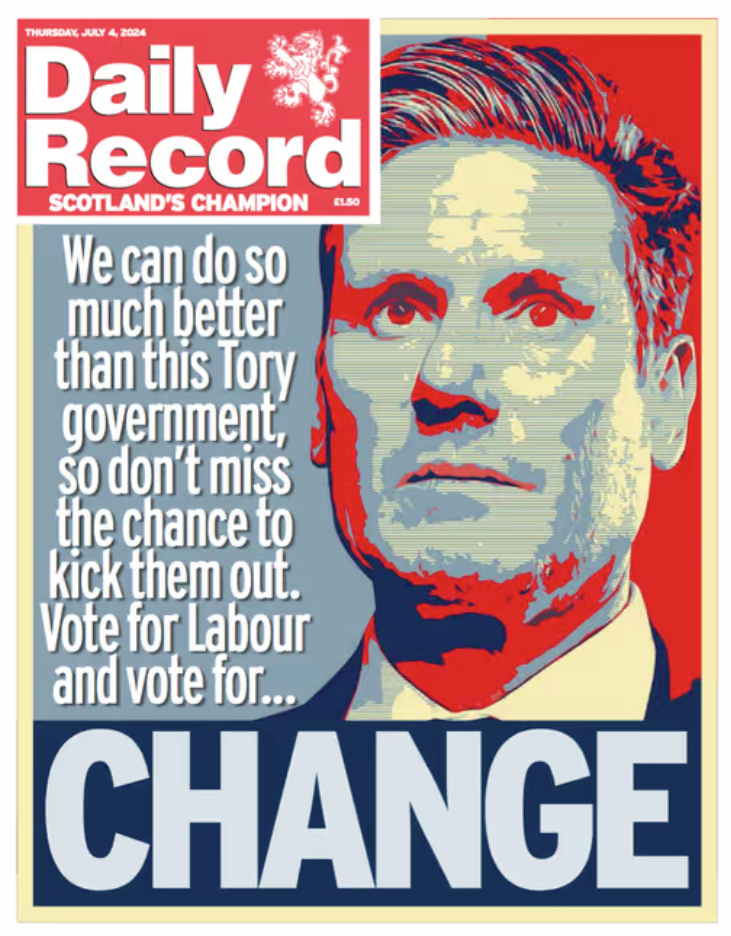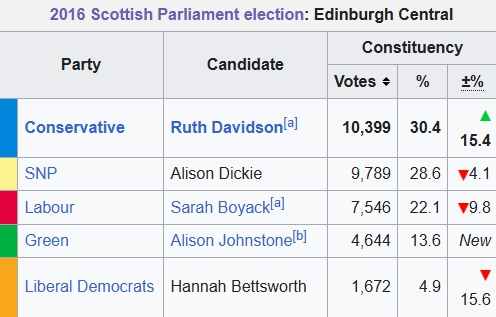AS COP 27 OPENS
A guest post from Fiona Sinclair The COP 27 climate conference begins today in Sharm-El Sheikh in Egypt. Those countries deemed most vulnerable to the effects of climate change, because they are some of the poorest, are seeking `loss and damage` compensation from the rich countries of the world, who have been responsible for creatingContinue reading "AS COP 27 OPENS"
A guest post from Fiona Sinclair

The COP 27 climate conference begins today in Sharm-El Sheikh in Egypt. Those countries deemed most vulnerable to the effects of climate change, because they are some of the poorest, are seeking `loss and damage` compensation from the rich countries of the world, who have been responsible for creating much of the carbon dioxide and other greenhouse gases to date.
When Gabon’s Environment Minister says that real action will only happen on climate change, once more people in the west start to die, it is clear that the hoped for sense of solidarity is disappearing fast . The `Third World`, or developing countries, are pushing harder for `loss and damage` payments from the developed countries. The promised funds from `the west` to enable a switch from fossil fuelled economic development to renewable energies powering economic growth have not materialised, so attitudes are hardening. What funds have been promised are very often based on loans, not grants – in spite of the already huge burden of debt that developing countries are struggling to pay.
It would be safe to say that attribution of blame and the consequent division of costs between countries is going to be fraught with difficulty. Whilst historical responsibility for the creation of greenhouse gases might reasonably be borne by countries such as the UK, the reason for the deceleration of Europe’s emissions since 1990 may very well be due in part to the outsourcing of its emissions to China, as this covers the period of China’s emergence as the workshop of the world – a title previously held by the United Kingdom. The USA is certainly responsible for a large proportion of both historical and ongoing emissions of greenhouse gases. Its postmodern aversion to taxing its corporations has resulted in handing them the power over democracy itself – and not just within the US. That power has been used by Big Oil to fund the denial of the very existence of climate change and thus to delay recognition of the central role that its own products play in its creation.
China has expressed its displeasure at western countries who have, only on paper, committed to climate change targets. Targets, so beloved of neoliberal managerial culture, are useless when the plans that supposedly support these are inadequate or simply wrong-headed.
UNEP’s Emissions Gap report of this year reveals that policies currently in place will lead to a 2.8 degrees centigrade rise by the end of the century. If more recent pledges are taken into account, this only drops to an increase of 2.4 to 2.6 degrees. The report finds that only transformational change will create the systemic change needed to cut emissions by the 45% needed by 2030 to keep global heating to the 1.5 degree internationally agreed limit. The `heat dome` over Europe this summer has certainly shocked even climate scientists, who did not expect England to reach 40 degrees within their own lifetimes. Europe is heating up twice as fast as all other regions on the planet, except the polar regions, so the perception that its countries will escape the worst impacts of climate change are false. Major rivers have dried up, making them unusable for transportation. France was forced to break its own extraction rules for river water, because this was needed to keep nuclear power stations going. Hydro power has come under threat, with low rainfall and shrinking glaciers. Crops have dried up and died in the extreme heat, even in Scotland. All of this has happened at less than 1.5 degrees of warming. The `tipping points` that will exponentially increase climate change’s effects are now looking much nearer at hand. These were previously believed to come into play at around 4 degrees of warming – but some have already begun.
Politicians tend to listen to the loudest voices, which are often the best funded, whether that be in science, or the social sciences. They share a liking for easy, pat `solutions` – or, at least ones that they can drive through governments consisting of deeply conformist people.
The big polluters have already laid the ground for the continuance of their business model. They are not even shy about broadcasting their plans to use carbon capture technology to enable them to continue to burn fossil fuels on a permanentbasis. Creative accounting, such as the use of carbon offsets, will be used to support these and other schemes.
You have to have departed from a belief in physical reality, or you are simply a charlatan, if you maintain that exploitation of hydrocarbons for energy is nothing to do with climate change. You can’t put pressure on other states or political parties, if you yourself have committed to such a policy, because in doing so, you have eradicated any political credibility you might have possessed.
As an environmental campaigner, it always pays to read the business pages of newspapers and the financial press. One of the most telling quotes I have ever read came from an interview with a chief executive of a large waste disposal company who, when questioned about the reputational risk from taking over a controversial company, also in the waste industry, replied “There hasn’t been a situation where liability has been established.” That tells you everything you need to know about the sociopathic, even psychopathic, character of many business leaders.
It is quite routine for businesses that do not want to meet their responsibilities to go bust. That’s what happened to the asbestos companies. Coal companies who had signed up to restoration bonds with East Ayrshire Council went bust – and the bonds were not worth the paper they were written on. The residents of East Ayrshire and the people of Scotland picked up the tab for that one – and not a single council executive was disciplined or sacked. US companies have devised another way to avoid their liabilities, by splitting their companies, and leaving their liabilities with the part that goes bust. It’s even got a name – its called the Texas Two-Step. So, if a company is given the highest fine in US corporate history because of the toxicity of one of its products, it can now use this useful measure to dump its responsibilities down a black hole of business regulation.
It would not just be a triumph of hope over experience to expect the big polluters – who are responsible for the bulk of carbon emissions – to meet financial and environmental standards and safeguards in carbon capture and storage. It would be utterly insane. The versions of this technology have been used for 50 years, mainly to extract more oil from the ground. Their success in storing carbon is quite pathetic, but very expensive. So expensive, in fact, that the ever-generous taxpayer will be forced to subsidise this technology while it is being developed – as well as pay `loss and damage` to developing countries, pay for climate mitigation measures and the shift from fossil fuels to renewable energies around the world …. Apart from extracting carbon at source from large, static sources of carbon dioxide, such as refineries, power stations and incinerators, the only other technologies are limited to extracting from the air itself, which is even more costly in terms of finance and energy. It is also woefully inefficient.
Those most responsible for the environmental apocalypse of climate change, pollution and loss of biodiversity can continue with business as usual, whether they are corporate bodies or a member of the 1% whose contribution to climate change is many orders of magnitude larger than the poor, even at a UK level.
Big Oil is in Big Debt and will have major stranded assets, unless it can persuade our political masters to give it a lifeline – like carbon capture and storage.
Redirecting the 570 billion dollars of annual planned new oil and gas investments could fully finance wind and solar expansion in line with the 1.5 degree target – according to a recent report from the International Institute for Sustainable Development (IISD). Their report also found that the development of new oil and gas projects is incompatible with the 1.5 degree limit. The UN’s anti-greenwash taskforce will publish its recommendations for credible net zero standards on November 8th. This should go some way to mapping out a coherent financial and environmental regulatory landscape.
The financial liabilities are hardly the full extent of the burden that we are forced to take on. Pollution costs us our health. Polluters never pay – the lobbyists and the lobbied always see to that. There are a myriad of consequential benefits to our environment and ourselves, if we make the transformative change away from dependence on fossil fuels. The current profiteering by the oil giants should have confirmed that such dependence is not healthy for our economy, either.
Governments must not capitulate to right-wing ‘realism’. Corruption and greed have always had too high a price – but the planet that is our life support system cannot be sacrificed on the altar of some pathetic notion of compromise.
FURTHER READING:-
What's Your Reaction?










































